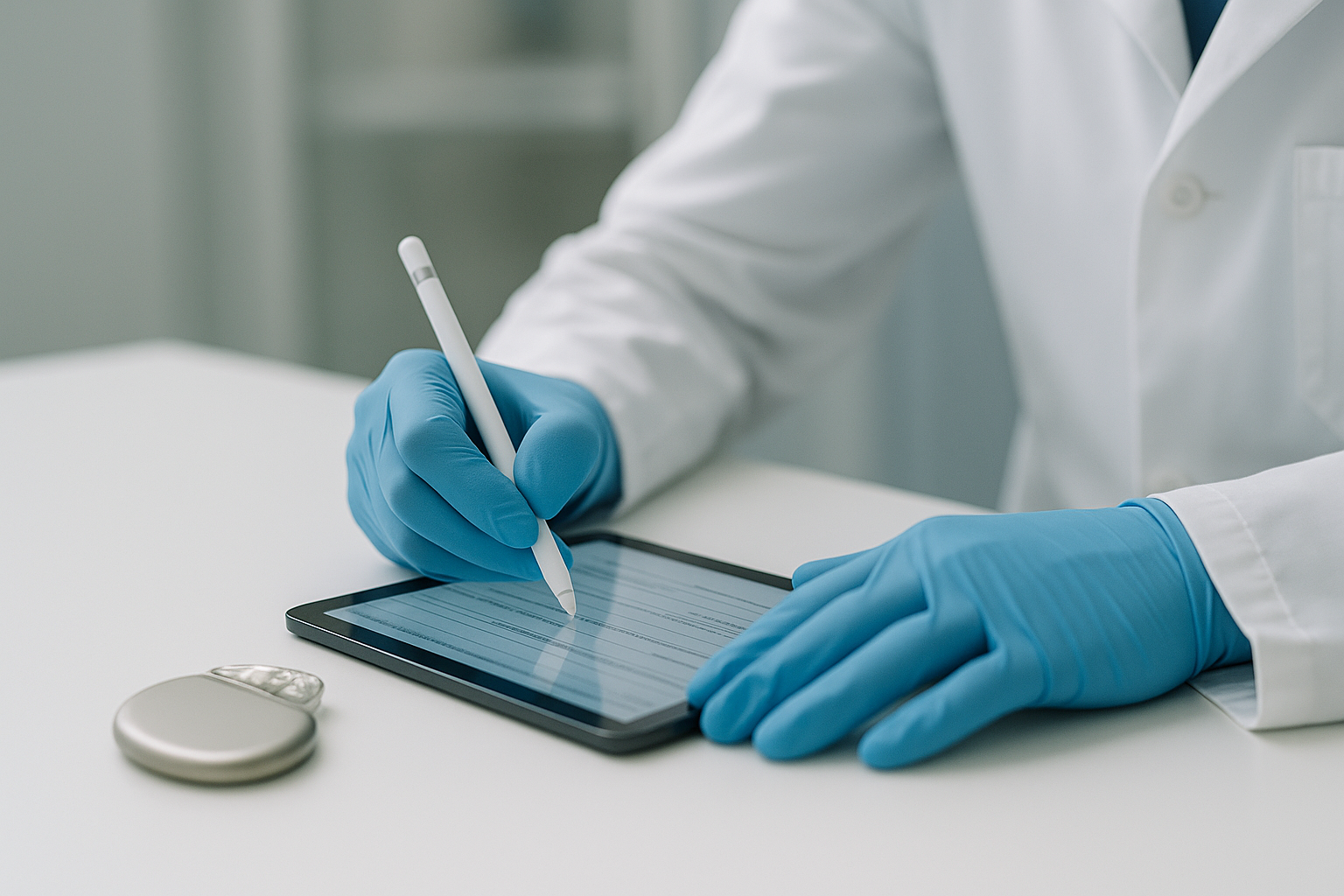End of MDR transitional regulation 2026: Implications for clinical trials for medical device manufacturers
The transitional provisions for medical devices under Articles 120 to 122 MDR end in stages between 2026 and 2028

- May 26, 2026: Class III implantable custom-made devices
- December 31, 2027: Class III devices and implantable class IIb devices
- December 31, 2028: Other Class IIb products, Class IIA products, and Class Is and Im products
Clinical investigation (clinical trials for medical devices) requirements under Article 62 MDR
Article 62 MDR defines clinical investigation as “a systematic investigation involving one or more human trial subjects and carried out to evaluate the safety or performance of a device.”. These must be carried out for:
a) “to determine and verify that a product is designed, manufactured and packaged in such a way that, under normal conditions of use, it is suitable for one or more of the specific purposes listed in point 1 of Article 2”
b) “to determine and verify the clinical benefits of a device as stated by its manufacturer”
c) “to determine and verify the clinical safety of the device”
Requirements for extended transition periods
In order to benefit from the extended transition periods, manufacturers must meet the following conditions in accordance with Article 120 (3) MDR:
- “have established a quality management system (QMS) in accordance with Article 10, paragraph 9 of the MDR by May 26, 2024 at the latest,”
- “submitted a formal application for conformity assessment in accordance with MDR by May 26, 2024”,
- “by September 26, 2024, a written agreement between the notified body and the manufacturer” for the conformity assessment in accordance with MDR is available
Implications for clinical investigations from 2026
Full MDR compliance required
After the end of the transition period, all clinical trials will be subject to the full requirements of Articles 62 to 82 MDR and Annex XV, including:
- “Design, approval, implementation, recording and reporting in accordance with the provisions of this Article and Articles 63 to 80”
- Compliance with “good clinical practice” in accordance with “Annex XV Chapter I point 2.7 MDR”
- Complete documentation requirements in accordance with “Annex XV, Chapter II MDR”.
Stricter requirements for clinical evaluation
Article 61 MDR requires that “confirmation of compliance with the relevant essential safety and performance requirements in Annex I [...] must be based on clinical data that provide sufficient clinical evidence.” Class III and implantable medical devices generally require clinical trials “unless the use of clinical data from similar devices can be duly justified.”
Monitoring and monitoring
MDR introduces stricter monitoring requirements. Article 72 (2) MDR states: “The sponsor [must] ensure appropriate monitoring of the conduct of a clinical trial.” In addition, “Member States must [...] inspect audit bodies to an appropriate extent” in accordance with Article 72 (5) MDR.
Practical consequences for manufacturers
Manufacturers who were unable to use the transition periods or whose deadlines expire must carry out fully MDR compliant clinical trials from 2026.
This means significantly higher regulatory requirements, more extensive documentation and stricter monitoring as under previous guidelines. Die “legacy devices” They then finally lose their privileged status and are subject to full MDR regulations for clinical trials.
For our clients, this means thinking about planning clinical trials for their medical devices in good time. Contact us for a first non-binding consultation!
Show the medical benefits of your product
With our many years of experience and expertise, we offer effective solutions to demonstrate the medical benefits of your product.
From the conception to the execution of preclinical and clinical investigations, we support you with customized services.
Find out how MEDIACC can help you achieve reimbursability for your products.
